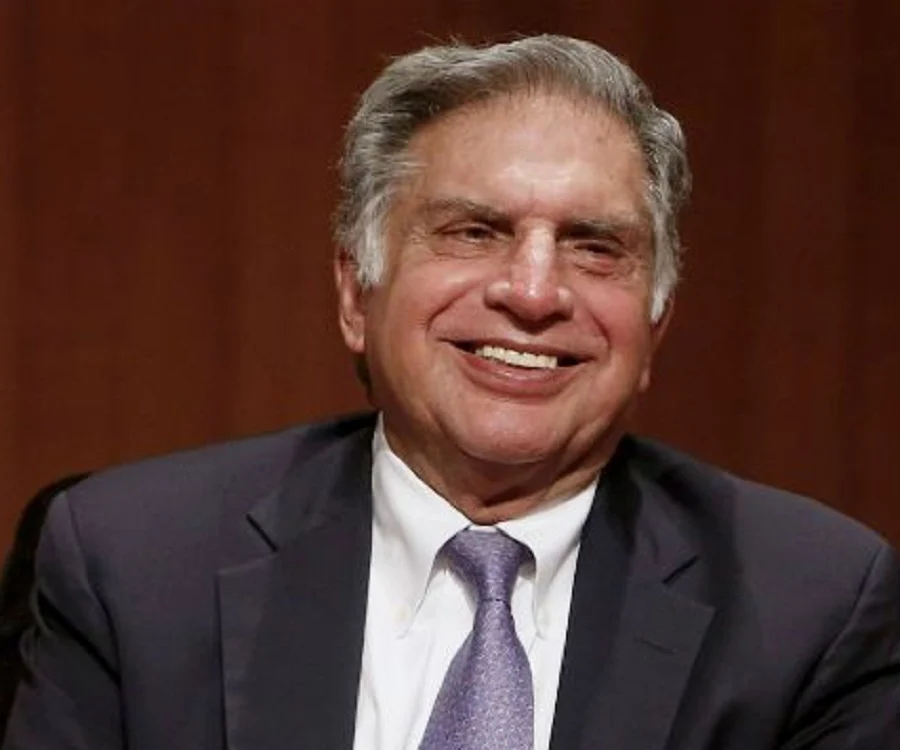Jawaharlal Nehru
Jawaharlal Nehru (1889-1964) was an Indian politician and statesman who played a significant role in the Indian independence movement and the early years of independent India. He was born on November 14, 1889, in Allahabad, Uttar Pradesh, British India (now India). Nehru was the son of Motilal Nehru, a prominent lawyer and nationalist leader.
Nehru was educated in India and later in the United Kingdom, where he studied at Harrow and Cambridge University. He was greatly influenced by the ideas of socialism, nationalism, and anti-imperialism during his time in Europe.
Nehru became an active participant in the Indian National Congress, which was at the forefront of the struggle for independence from British colonial rule. He emerged as one of the leading figures of the Congress and worked closely with Mahatma Gandhi, the foremost leader of the independence movement.
As India's first Prime Minister, Nehru played a crucial role in shaping the country's destiny after it gained independence from British rule in 1947. His tenure as Prime Minister lasted from 1947 until his death in 1964. Nehru's vision for India was centered around secularism, socialism, and democracy.
During his time in office, Nehru implemented several policies aimed at modernizing India and promoting economic and social development. He focused on industrialization, education, and land reform, and played a key role in establishing institutions such as the Planning Commission and the Indian Institutes of Technology (IITs).
Nehru was also a prominent international figure and played a significant role in global politics. He advocated for non-alignment and pursued a policy of neutrality during the Cold War, seeking to maintain India's independence and promote peaceful coexistence among nations.
Jawaharlal Nehru's leadership and contributions to the Indian independence movement and the early years of independent India earned him widespread respect and admiration. He is often referred to as Pandit Nehru, with "Pandit" being a title of honor. His daughter, Indira Gandhi, and his grandson, Rajiv Gandhi, also served as Prime Ministers of India, making the Nehru-Gandhi family a significant political dynasty in the country.



Comments
Post a Comment